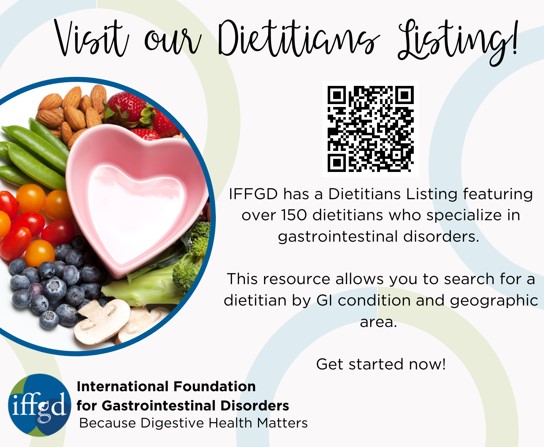Celiac Disease What You Need to Know
Did you know more than 2 million Americans have celiac disease (CeD) but most of them don’t know it?
What is celiac disease?
CeD damages the small intestine. People with this disease can’t eat gluten, a protein found in wheat, rye, and barley and in some products such as vitamins and lip balms.
When people with celiac disease eat gluten—even a tiny amount—their body’s immune system reacts to the gluten by attacking the lining of the small intestine. When the lining is damaged, the body cannot get the nutrients it needs. Over time, celiac disease can cause anemia, infertility, weak and brittle bones, an itchy skin rash called dermatitis herpetiformis, or other health problems.
People with celiac disease don’t always know they have it because they may not feel sick. Or if they feel sick, they don’t know celiac disease is the cause. Either way, gluten is damaging the intestines as long as a person with celiac disease continues to eat it.
Who can get it?
CeD often runs in families. You are more likely to develop celiac disease if you have a parent, brother, or sister who has it. Both adults and children can have the disease.
How can I tell if I have it?
If you have this disease, you may have some of these symptoms:
- stomach pain
- gas
- diarrhea
- extreme tiredness
- change in mood
- weight loss
- an itchy, blistering skin rash
- slowed growth
Celiac disease can be hard to diagnose because its symptoms are like those of many other diseases. Some people don’t have any symptoms. Your healthcare provider can do tests to find out if you have it.
What can I do about it?
The only treatment for celiac disease is a gluten-free diet. Your healthcare provider or dietitian can help you learn how to choose gluten-free foods. If you avoid gluten in your diet, your small intestine should heal.
Note: Many disorders can affect the digestive tract. Some can have symptoms that may be similar to or overlap with gastrointestinal (GI) functional or motility disorders. These will have uniquely identifying features that differentiate them from functional GI or motility disorders.
Looking for a registered GI dietitian?
Working with a specialized registered dietitian who has experience with digestive diseases can help you gain a better understanding of your condition. You can learn more about how your health can be impacted positively or negatively by food and nutrition. Collaborating with a dietitian allows you to take control of managing your condition and regulating your symptoms.
For more information
Go to the National Institutes of Health (NIH): http://www.celiac.nih.gov/Default.aspx
Learn more about Other GI disorders
Source
NIH Publication No. 11-6192, February 2011. This publication is not copyrighted.














